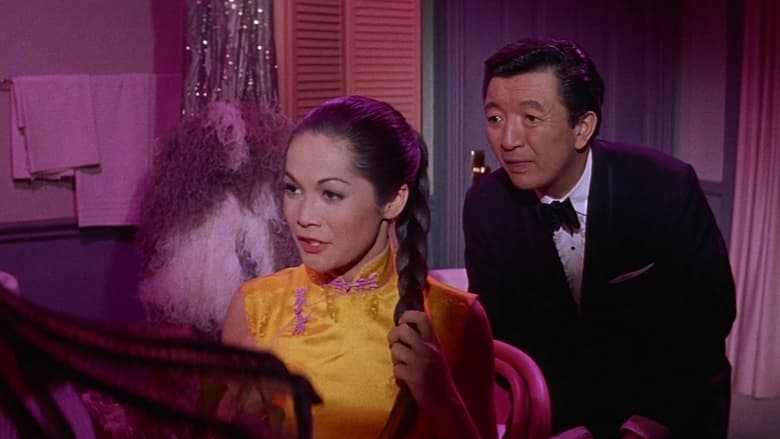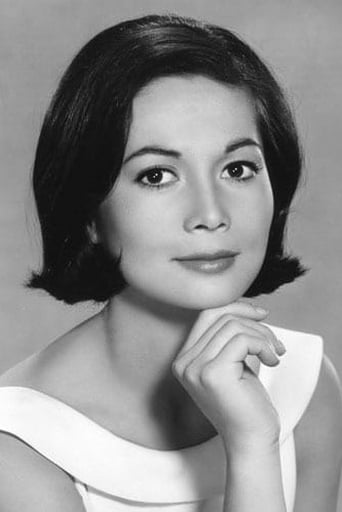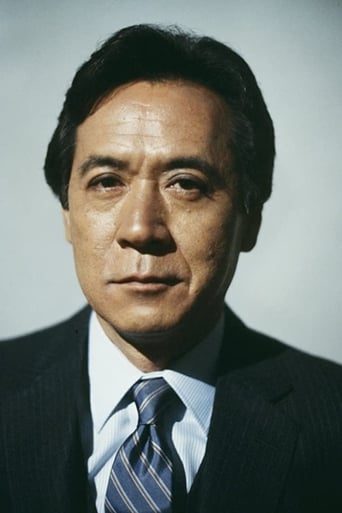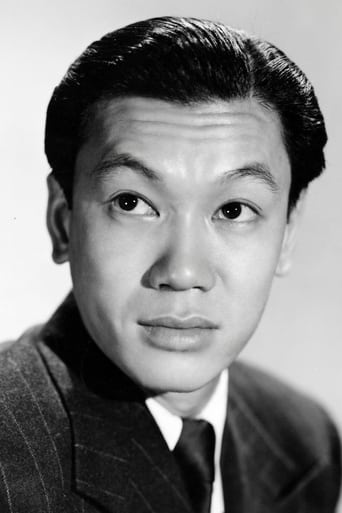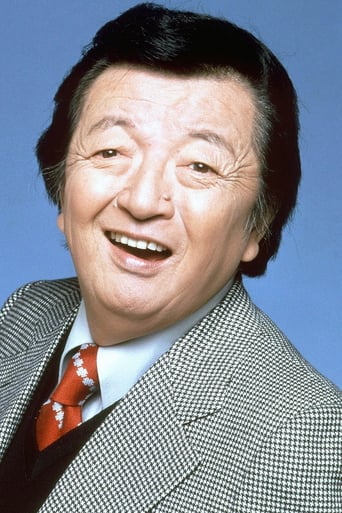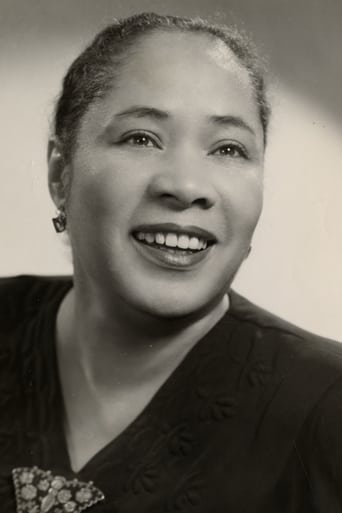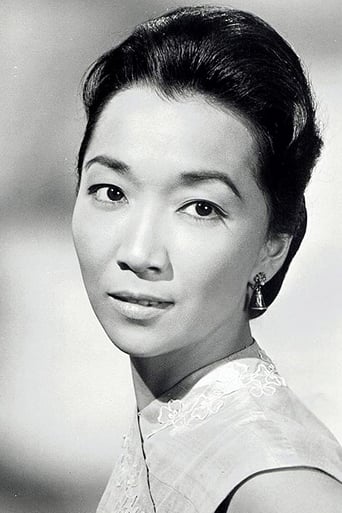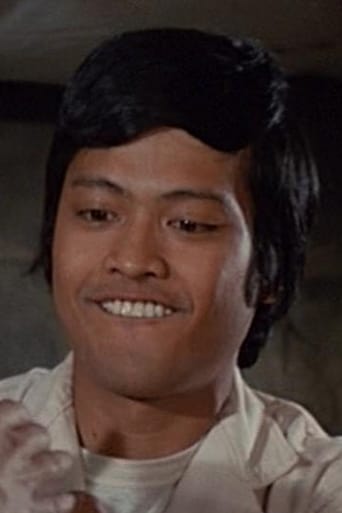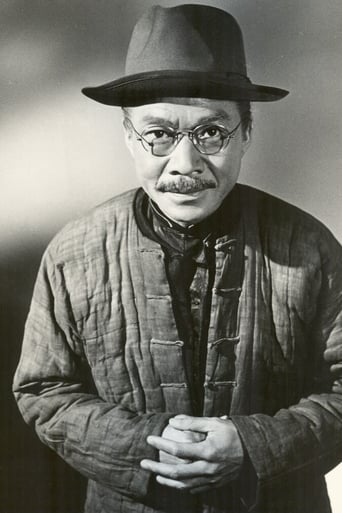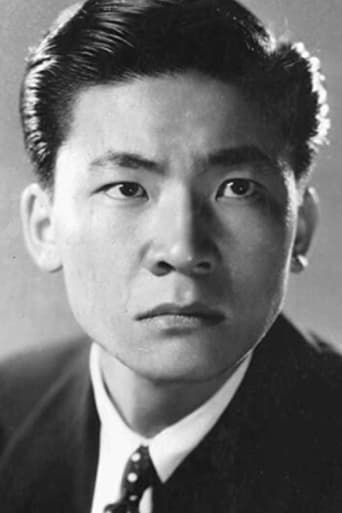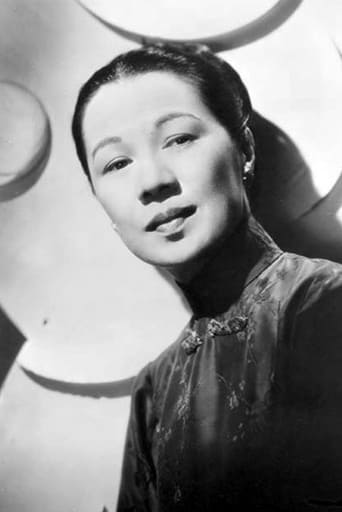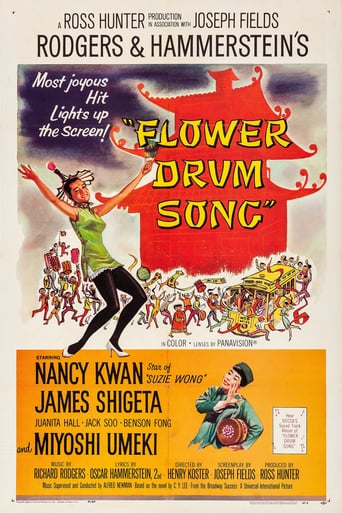
Flower Drum Song
November. 09,1961 NRA young woman arrives in San Francisco's Chinatown from Hong Kong with the intention of marrying a rakish nightclub owner, unaware he is involved with one of his singers.
Similar titles

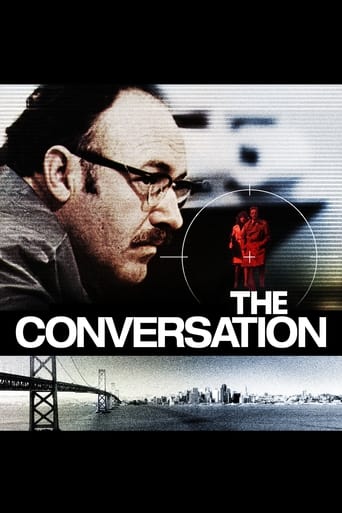
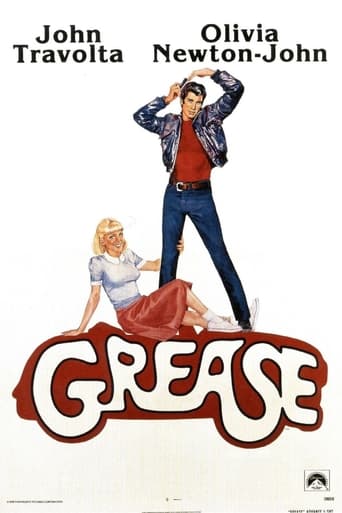


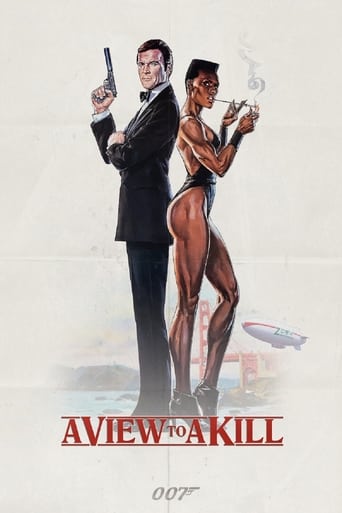
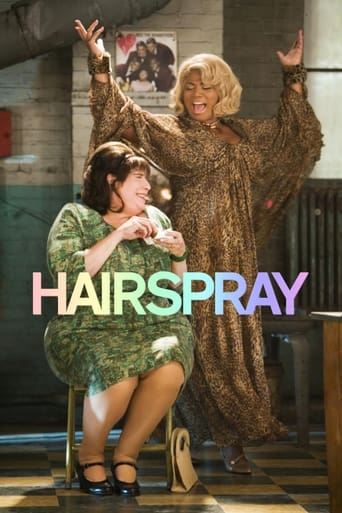
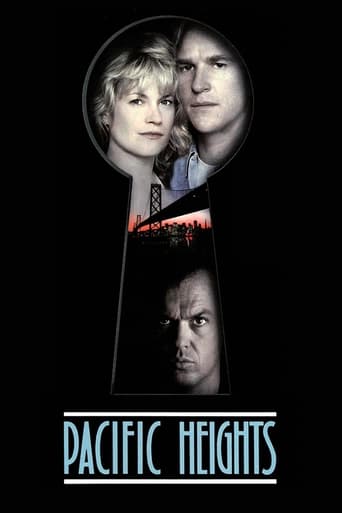
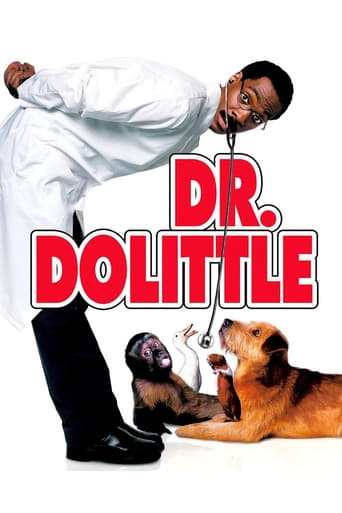
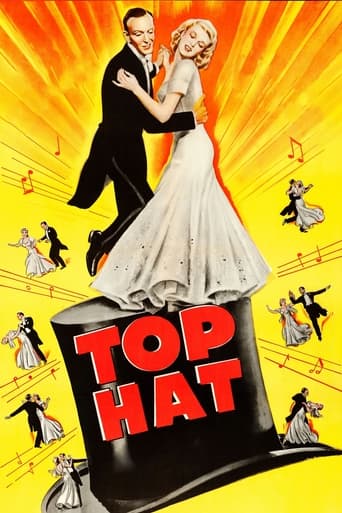
Reviews
Good movie but grossly overrated
Fantastic!
Best movie ever!
I cannot think of one single thing that I would change about this film. The acting is incomparable, the directing deft, and the writing poignantly brilliant.
I had originally watched this movie in the '90s when I lived in Jacksonville, FL. So last night, I showed this on DVD with my mom viewing it with me. She had never seen this before so she managed to enjoy it just as much as I did watching this again. During my original viewing, I had a problem with Wang Ta's going from Linda Low to Mei Li since Linda was teasing him and Mei Li was too reticent for my tastes which meant I would have preferred he have gone with Helen. Part of me still feels that way but I'm now used to the way things eventually worked out so I'm now okay with that. Anyway, like I said, I enjoyed this much better the second time around especially with the great look presented on the DVD. Loved the cast of Nancy Kwan, James Shigeta, Miyoshi Umeki, Reiko Sato, Benson Fong, Juanita Hall, Victor Sen Yung, Patrick Adiarte (like me and Mom, a Filipino), and especially, Jack Soo! In fact, one of my favorite sequences was his being knocked out twice in the "Sunday" number! I also loved seeing the cowboy and Indian-in black and white-cavorting with the Technicolor players in that one. Oh, and what a great way in presenting multiple Nancy Kwans in the "I Like Being a Girl" number. The Rodgers & Hammerstein score was really good. Really, all I'll say is I highly recommend this film version of Flower Drum Song.
My parents enjoyed this when it first came out and had the album but I never listened to it. I hadn't researched it before I saw it. I didn't know the controversy or that it was based on a book--which sounds like something I'd like to read. Only the artwork was familiar from the album cover.I felt the plot was sketchy. I didn't know what the back story was with Helen Chao so her actions seemed abrupt and strange. I didn't think Mei Li and Wang Ta had any chemistry together. She only came alive in the number Don't Marry Me with Sammy Fong and I felt disappointed when I saw her in the kissing scene with Wang Ta afterward. That was my favorite song of the musical and I loved that they didn't dub it so I could hear it in Soo's own distinctive voice. He reminded me of Marlon Brando singing Luck Be a Lady and added a touch of reality to the proceedings. If Mei Li and Sammy could have made a go of it they might have rubbed off on each other a little and she wouldn't have spent the rest of her life humbly conversing in low tones. He might have even made her angry enough to yell at him! Sammy had his faults, heaven knows, but at least he had some zip to him which was sadly lacking in everyone else. I don't know if the flatness of the feeling overall was supposed to reflect the restraint of the Chinese culture or if it came from casting and directing.My biggest problem with this movie wasn't its doing. I kept picturing these actors in other, later roles, and in some cases speaking more famous lines.It seems to me a movie of and about its time. A lot of people could identify with the Old Country/New Country theme. The generation gap theme wasn't as fully realized and was mostly about bop slang. I thought it was done better in Bye, Bye, Birdie. The main character was torn between two cultures, and apparently too sheltered (strict father, nose to the grindstone at school?) to understand women, but he didn't seem to be a rebel and didn't stop the wedding. Some romantic hero HE turned out to be! :) It was up to the submissive little woman to save the day. That was my second favorite part of the movie! I'm guessing that was what appealed to my mother the most.
This is the cult musical by Rodgers and Harts that no one knows. It is based on the novel of the same name that tells the story of an Oriental group of persons living in the States. The story could be fun, and there are actually songs that work - I ENJOY BEING A GIRL and Sunday are the best, you get the CHOP SUEY very sticky too - but the movie goes long, and we get bored. There 30 to 40 extra minutes in this film. And the sweet character of this film (NO, No Nancy Kwan, who is wonderful here)it doesn't get to be sweet. Is annoying. Still there is the choreography by Hermes Pan. A 5 for that.
As a Japanese-American raised in the 1960's, I always had mixed feelings about the 1961 film version of Rodgers and Hammerstein's Chinese-American musical comedy. Although it was refreshing to see so many Asian faces in a mainstream studio movie (granted several Japanese-American actors in Chinese roles), the portrayals always struck me as trite and catering to pre-existing stereotypes. Now that it has finally come out on DVD forty-five years after its initial release, I can appreciate it much more without raising my eyebrows as much, perhaps because it now seems so much a nostalgic product of Eisenhower-era sensibilities. Another reason is that the DVD contains a pristine print that balances the saturated use of color throughout. Moreover, there is the music, which while not grade-A material from the legendary team, has enough of their recognizably melodious style to make the whole affair quite entertaining now.Set in San Francisco's Chinatown in the late 1950's, the soufflé-light story, written by Joseph Fields, is a family-oriented, musical-chairs romantic comedy focused on East-West cultural differences primarily in the well-to-do Wang household headed by the ultra-traditional Master Wang. It starts with pretty Mei Li, who has stowed away on a Chinese steamer with her professor father to become a mail-order bride for nightclub owner Sammy Fong. En route, they end up staying in the Wang home where she develops a crush on eldest son Wang Ta. But he is infatuated with saucy showgirl Linda Low, who is intent on making Sammy jealous enough for him to propose after five years of non-commitment. Wang Ta and Linda turn out to be a mismatch, which would be good news if only Mei Li's marriage contract were not so binding. If that situation is not complicated enough, dressmaker Helen Chao has a lifelong crush on Wang Ta as well.An all-Asian cast was assembled, a rarity in itself back then, and it helps that most perform within the constraints of the movie quite well. Looking like a porcelain doll brought to life, Miyoshi Umeki lends her uniquely plaintive quality to the role of Mei Li, and she sings with quiet clarity on her trademark song, "A Hundred Million Miracles". As Wang Ta, James Shigeta, also a pleasant singer, is sincere with the matinée idol looks to match, although his naïve character seems excessively dim when it comes to women. Both, however, are overshadowed by the shenanigans provided by Nancy Kwan, at her pin-up cutie peak, as Linda, and Jack Soo in full Dean Martin mode as the cynical Sammy. Even though their stormy relationship seems to be lifted completely from Nathan and Adelaide's in "Guys and Dolls", they provide the lion's share of the entertainment with the domestic fantasy, "Sunday" a particular highlight.While dubbed, Kwan performs the boudoir classic, "I Enjoy Being a Girl", with sexy flair, and she dances with graceful exuberance on "Fan Tan Fannie" and especially on "Grand Avenue" with a virtual battalion of dancers. Benson Fong, who memorably played Charlie Chan's #3 son in his youth, brings the necessary bluster to Master Wang, while Juanita Hall, Bloody Mary from "South Pacific", stays mainly on the sidelines as the understanding Auntie Liang except when she solos on "Chop Suey". Of the supporting cast, two performers stand out - teenaged Patrick Adiarte dancing energetically as younger son Wang Tan, and as the lovelorn Helen, Reiko Sato leads a stunning ballet on the show's best song, "Love, Look Away" (her voice is dubbed by legendary soprano Marilyn Horne). The opening credits showcase a series of striking watercolor paintings from artist Dong Kingman, and Russell Metty's richly colorful cinematography can finally be appreciated with the DVD.The 2006 DVD extras are generous starting with a solid commentary track from Kwan and British film historian Nick Redman. Even though Kwan sometimes gets derailed by her life story, she and Redman partner well in bringing out intriguing aspects of the production and cast. There are five featurettes which feel like components of one feature-length documentary since the same participants show up in all five. The first one talks about the story's transition from the original novel by C.Y. Lee to the Broadway musical directed by Gene Kelly to the 1961 movie to the 2002 Broadway revival developed by David Henry Hwang. The other shorts focus on the casting, the score, sets and costumes, and a more personal look at Rodgers and Hammerstein. It's interesting how veteran filmmaker Henry Koster is barely mentioned since he directed the film, though his pedestrian direction is truly the least impressive part of the movie.
Top Streaming Movies











